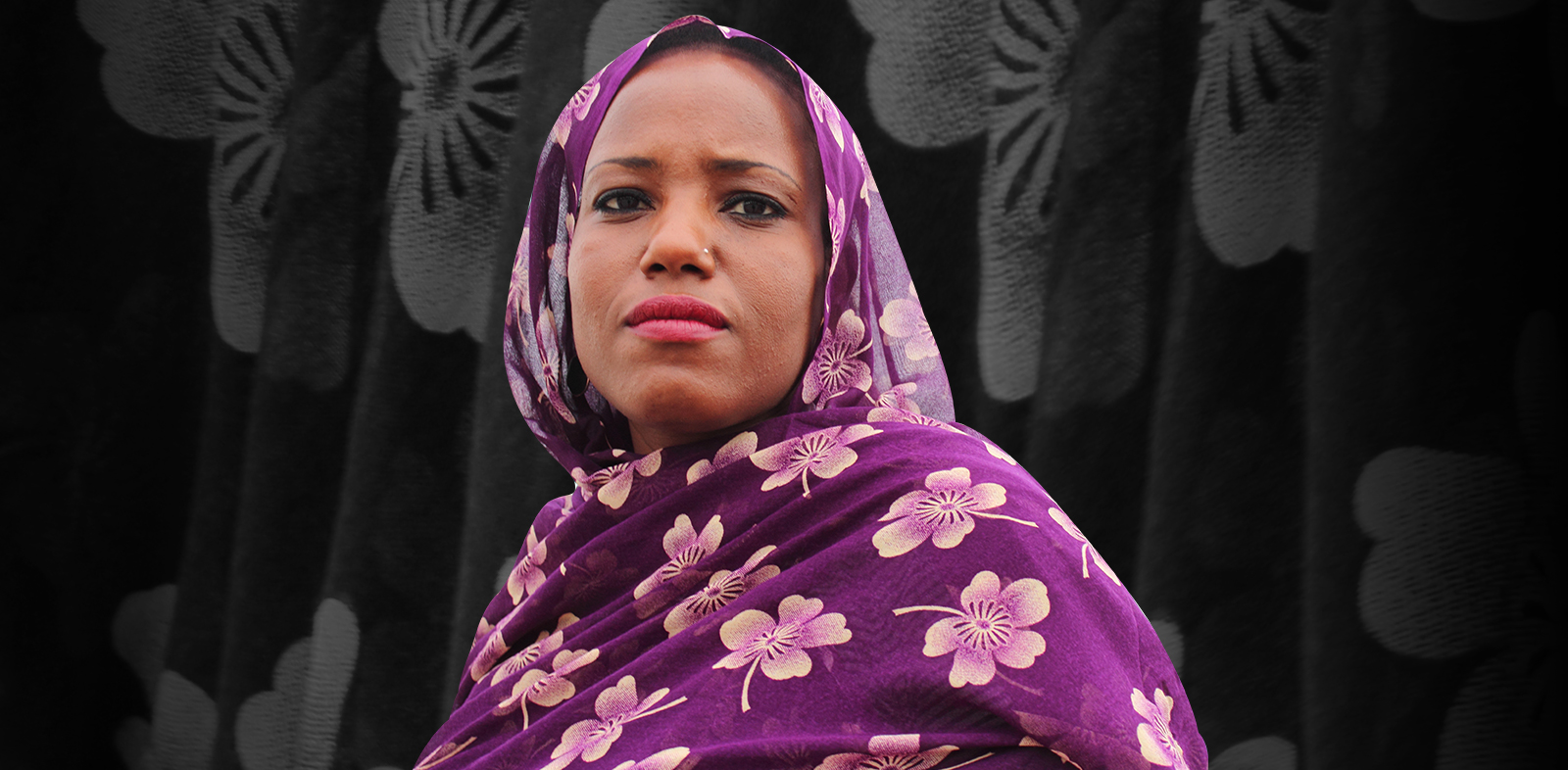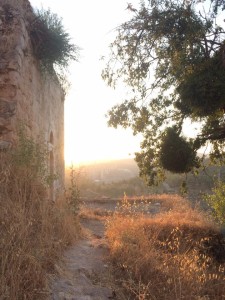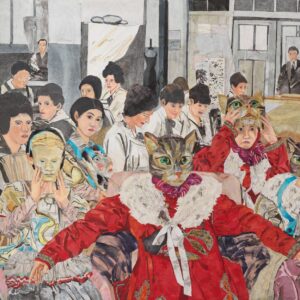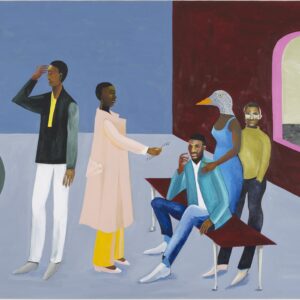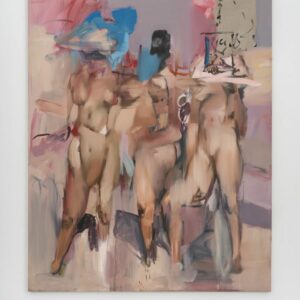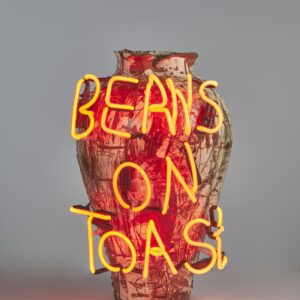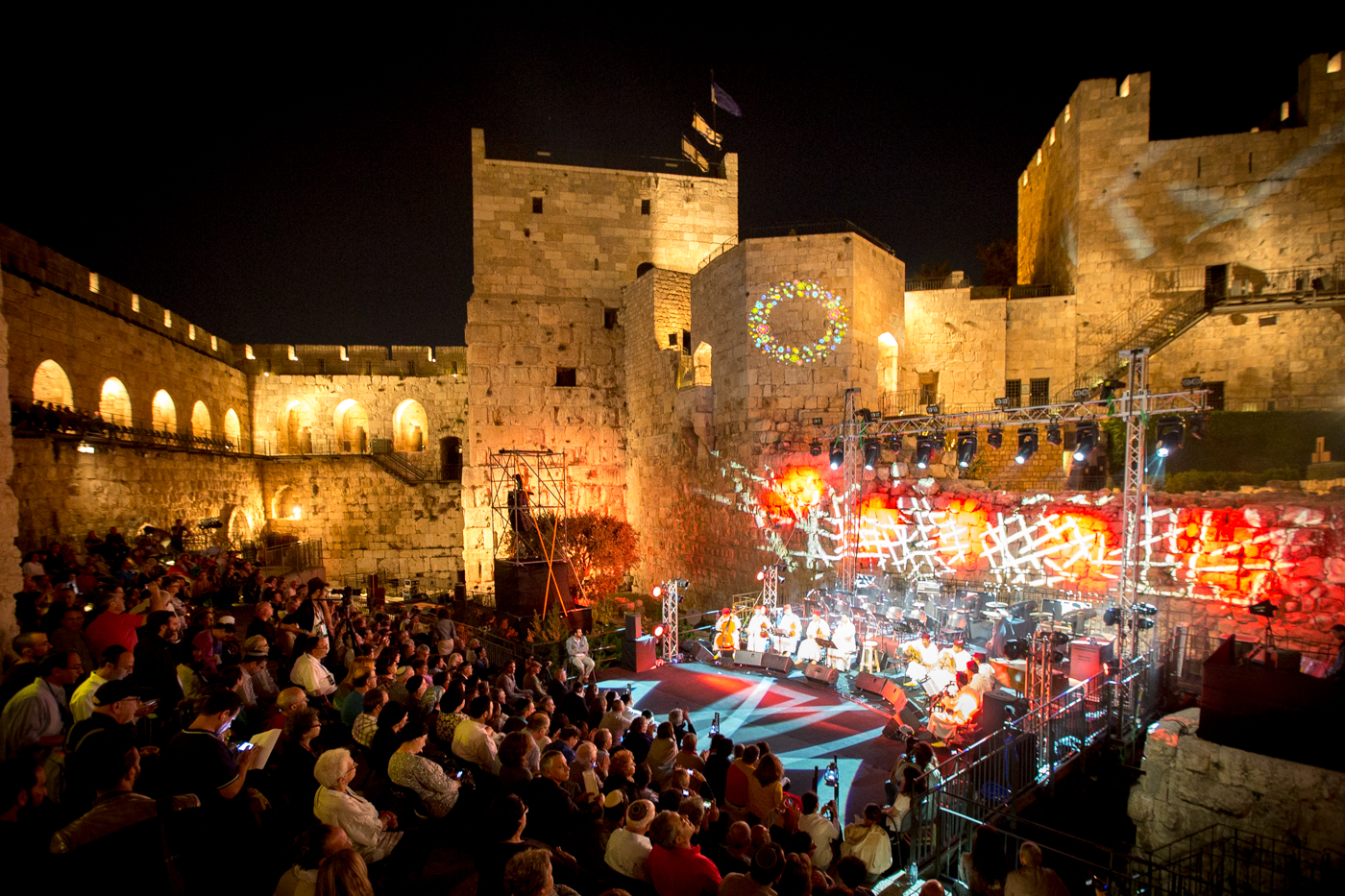
Chabab Al Andalous Photography Noam Chojnowski
Now in its fifth year, the Jerusalem Season of Culture (JSOC) is an independent, non-profit arts organisation created to share the city’s extraordinary but often overlooked cultural life with the world. Each summer, JSOC creates a schedule of original, city-specific productions that traverse artistic disciplines, unfold in breathtaking locations, draw inspiration from the city’s landscapes, stories and people, and create moments that could happen only in Jerusalem.
The Jerusalem Season of Culture was initiated by the Schusterman Foundation-Israel, is supported by a dedicated group of funders and works in close collaboration with local public and cultural institutions.
As it launches this seasons activities we managed to catch up with its Executive Director Naomi Bloch Fortis.
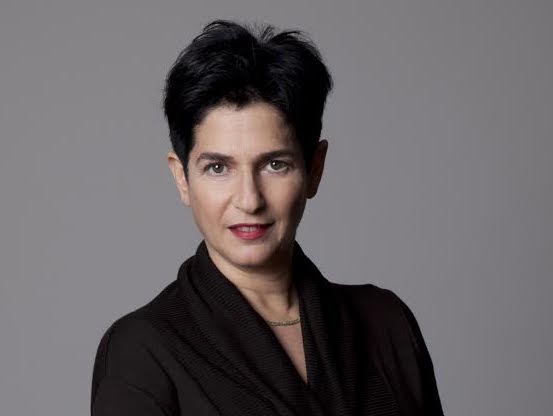
1. Who are you and who do you work with to make the Jerusalem Season of Culture happen?
My name is Naomi. I was a dancer and then became the executive director of the Batsheva Dance Company, where I discovered the joy of enabling art to flourish. Today I direct the Jerusalem Season of Culture, an arts and culture organization that harnesses art to make a change. I still love to dance.
I work with very talented people that stand out for their intelligence and curiosity. They are original thinkers, who love to work as a team but are also independent and critical at the same time. Some of them are employees of our organization, while others are part of the “organization in the mind” that we’re working to create.
2. What is Jerusalem Season of Culture?
We’re a group of artists, curators, producers and, most of all, dreamers with a shared vision of creating original, multi-disciplinary, city-specific cultural experiences in the most beautiful and complex place in the world.
The Jerusalem Season of Culture is an independent, non-profit arts organization created to share the city’s extraordinary but often overlooked cultural life with the world. Each summer, we create a schedule of original, city-specific productions that traverse artistic disciplines, unfold in breathtaking locations, draw inspiration from the city’s landscapes, stories and people, and create moments that could happen only in Jerusalem. The city’s incomparable human diversity is our greatest muse.
In addition, we work year-round to position Jerusalem as an emerging arts hub by cultivating relationships between local and international talents, hosting press delegations, tailoring cultural tours for opinion shapers, offering complimentary professional consultation for young artists and institutions, and promoting local arts events through our robust social media platforms.
We work with local and international artists and institutions, and a variety of Jerusalem stakeholders from the arts scene and beyond.
3. Why do you do it?
Because Jerusalem, with all that it embodies and encompasses, motivates us, sparks our imagination, thrusts us from our comfort zone, catches us unaware, and always leaves us marveling. We are proud to be part of a new generation of Jerusalem lovers and activists, and see ourselves as leaders in a broader civic effort to revitalize the city as a vibrant, pluralistic and creative urban center.
4. What do you hope to convey about Jerusalem to people outside of Jerusalem?
We tell the story of Jerusalem, or at least make the attempt. We tell our own stories, and in so doing try to share the stories of the city itself, with the help of the languages we cherish most of all: art, performance, food, new media, texts, pictures, music and tweets.
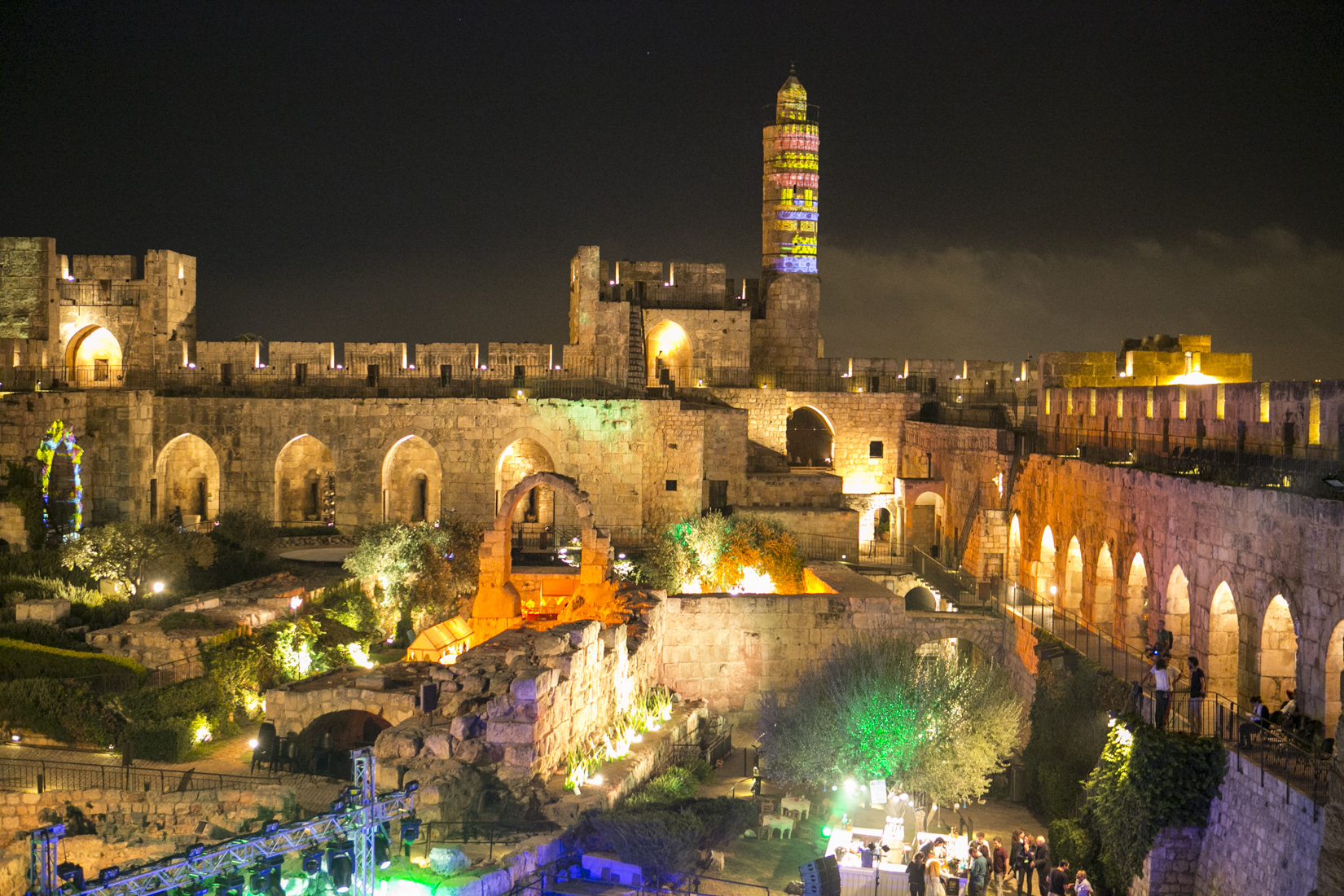
Tower of David Sacred Music Festival 2014 Photography Michal_Fattal
5. Is there anything that ties together all the different creative elements of JSOC?
Jerusalem. No matter what we do, whether a work is traditional or avant-garde, performed by a famous artist or by an emerging talent, large or intimate in size, everything that JSOC touches brings contemporary creativity to explore, probe, celebrate and draw inspiration from Jerusalem. Our work is always city-specific. Beyond the Jerusalem tie, we aspire to the highest standards of art and production, and place a strong emphasis on multi-disciplinary approaches.
6. Have you ever thought about taking elements of JSOC on tour?
Several of our originally-commissioned works have toured outside of Israel. Our artistic directors and artists have presented their work with us in various contexts in Europe and the United States. We have never done a JSOC showcase, but perhaps we should consider it.
7. Can people engage with the season online if they can’t make it to Jerusalem?
We believe that there is nothing like being in Jerusalem, nothing like experiencing our work live, in-person, enveloped in Jerusalem’s crisp evening air and surrounded by its majestic walls. That said, JSOC has a very lively and active online presence. Much of work can be watched on our YouTube channel, followed on our website, interacted with via our Facebook, Twitter and Instagram accounts. If you can’t make it to Jerusalem, engaging with us online is the next best thing.
8. What are you most looking forward to seeing?
That’s like asking a mother which of her children she’s looking most forward to seeing for the holiday. We love each of our events equally and in its own way. I will say, however, that we’re really excited to finally experience Knock Knock, an intimate and interactive theater experience for multiple participants in a hotel that was postponed last Season because of the Gaza war. We’re also really looking forward to the Jerusalem Sacred Music Festival, which has almost doubled its size in terms of number of days and content, and which will present several originally commissioned performances and premieres by major international artists.
9. If you had $52,450 to spend on art from Jerusalem what would you buy?
I would order a performance of the New Jerusalem Orchestra’s phenomenal work, Maqam Yerushalem. I’d do a culinary workshop with chefs Assaf Granit and Kamel Hashlemon. I would spend a day with the Ka’et Ensemble, which is a modern dance troupe comprised of orthodox men. I’d buy books by Simon Sebag Montifiore, Meir Shalev, Eli Amir, Nir Baram, Amos Oz, Sayed Kashua. I’d buy fabric from the amazing store of the Bilal family in the Old City. I’d buy all the catalogs of the Museum on the Seam. If there were any money left over, I’d donate it to one of the young artist collectives that represent Jerusalem’s new voice.
Jerusalem Season of Culture 27th July – 4th September 2015 www.jerusalemseason.com/en
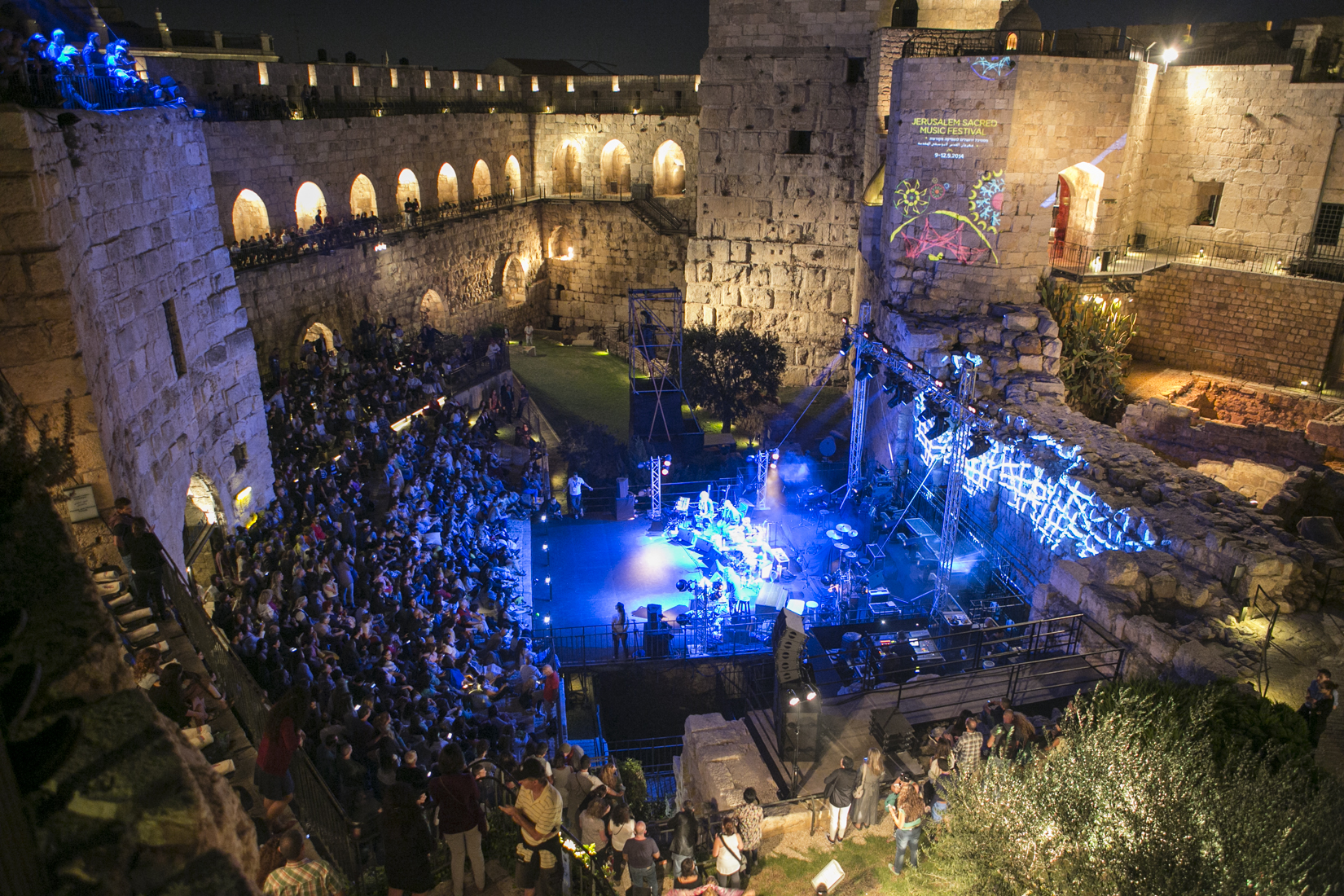
JSMF 2014 Photo by Michal Fattal
